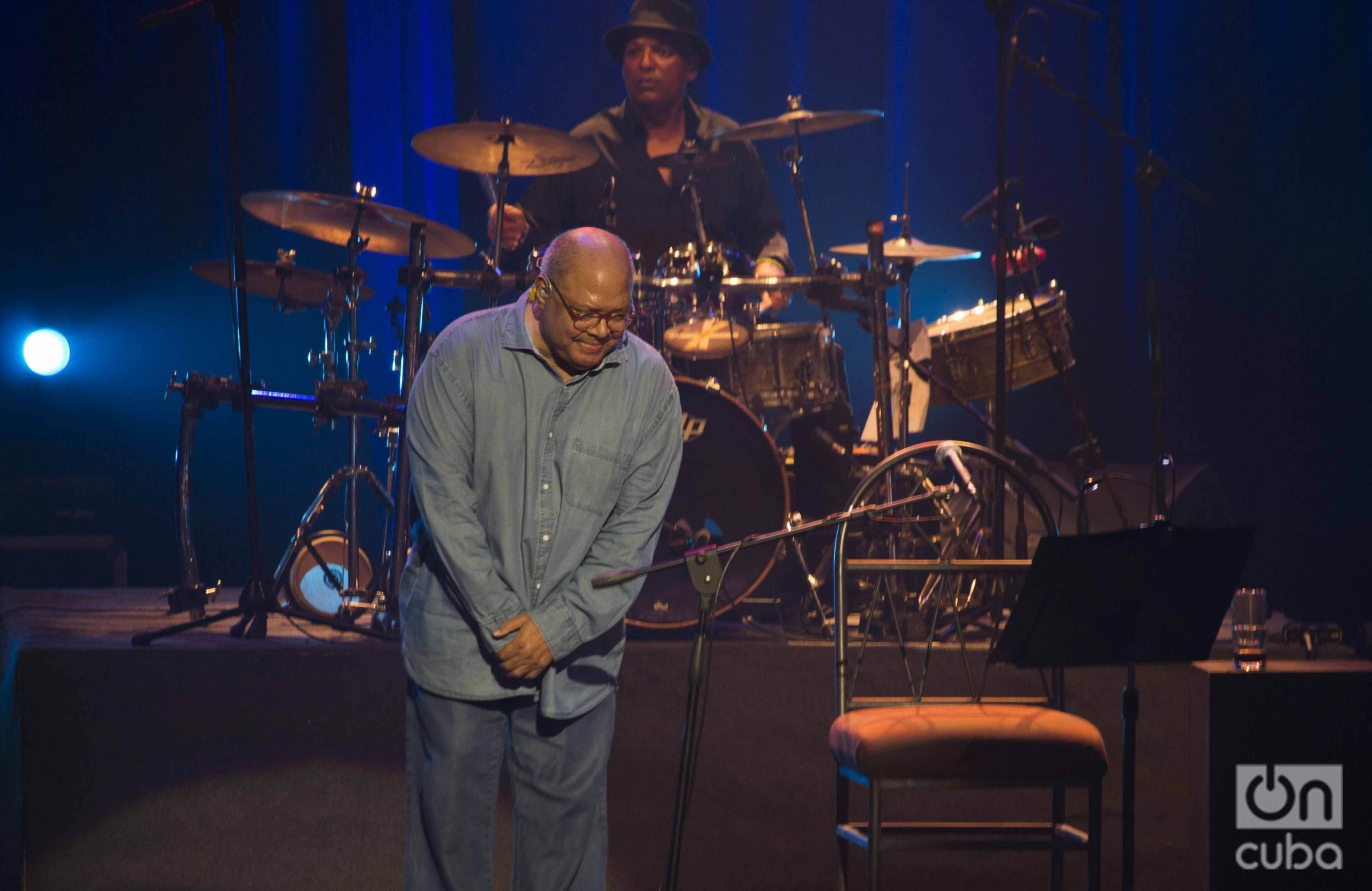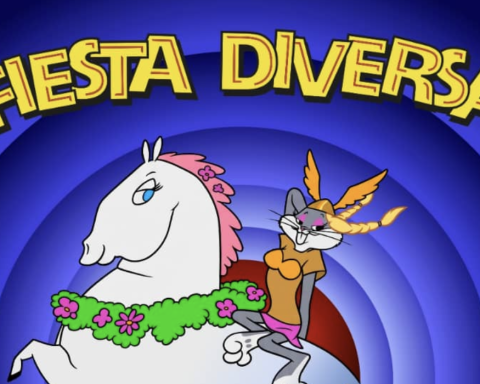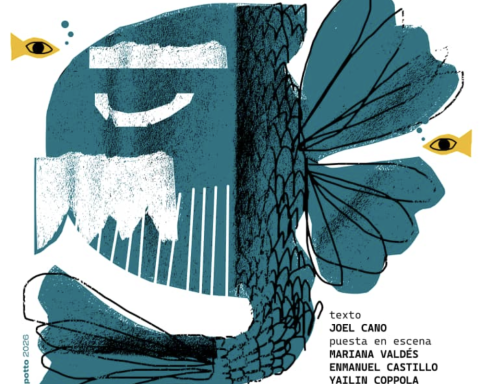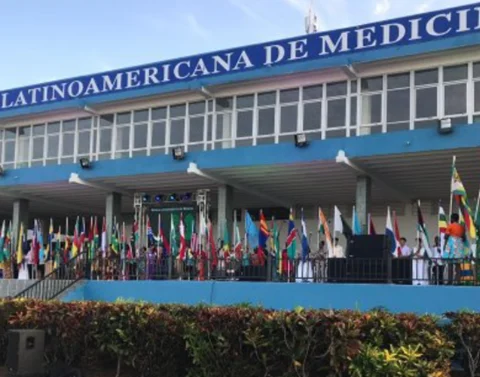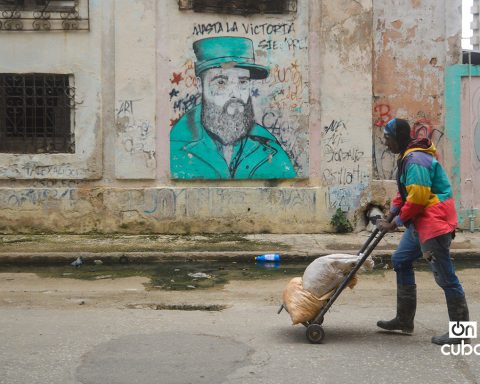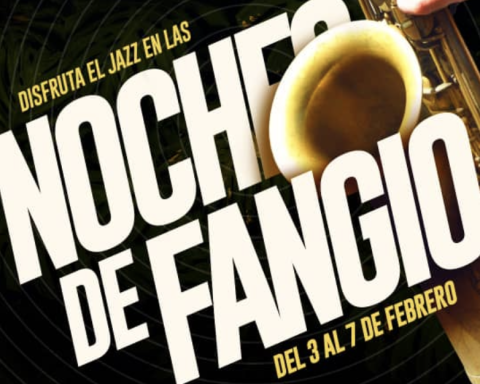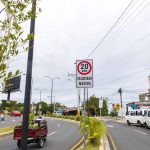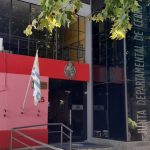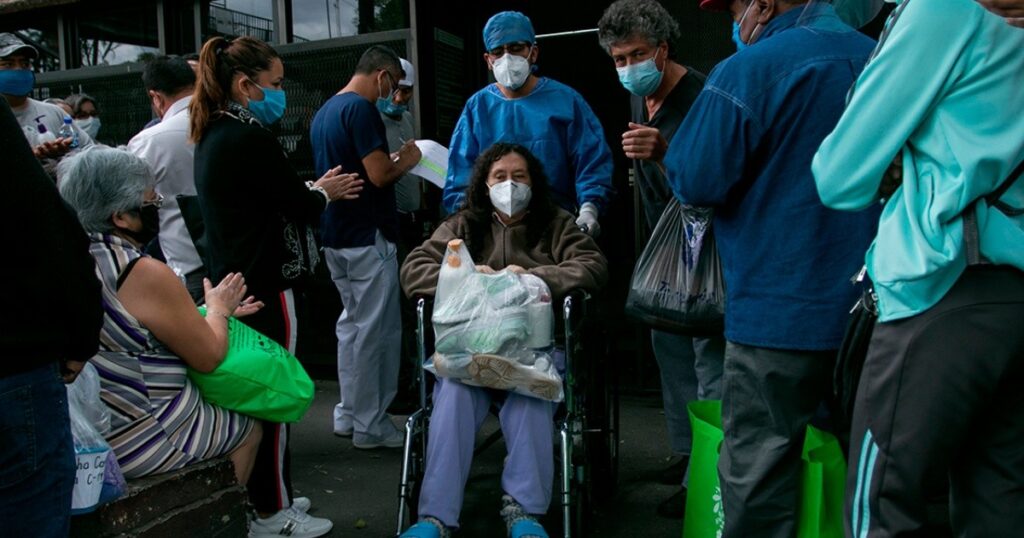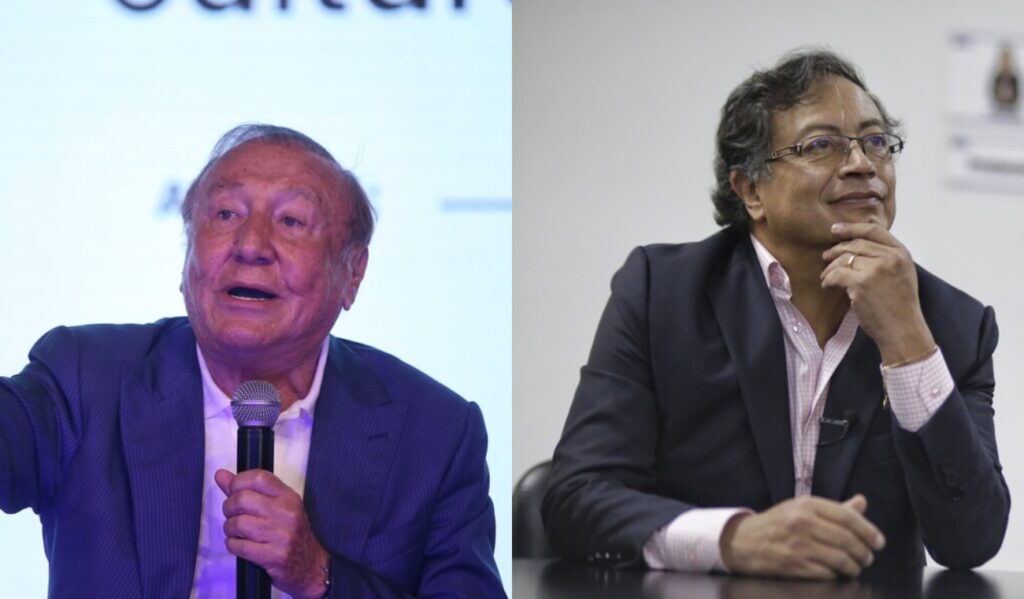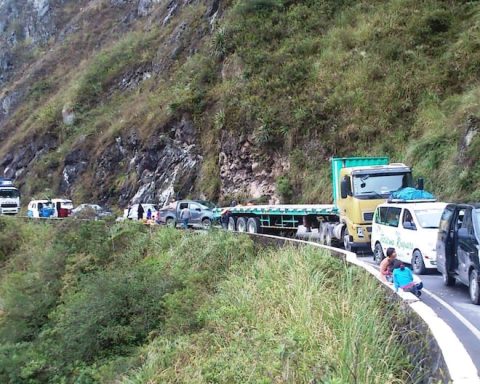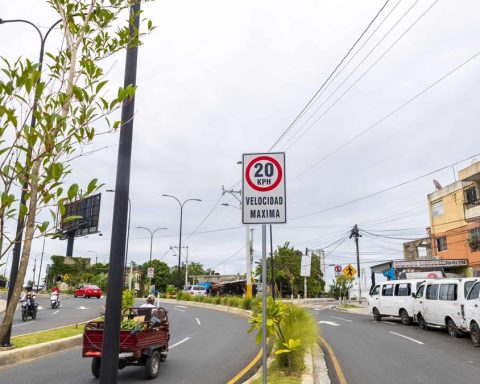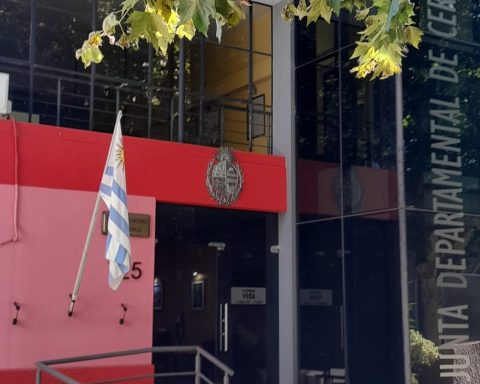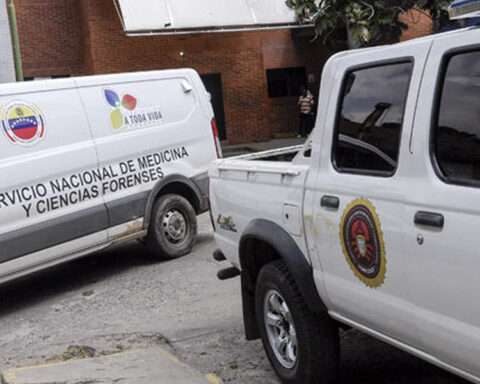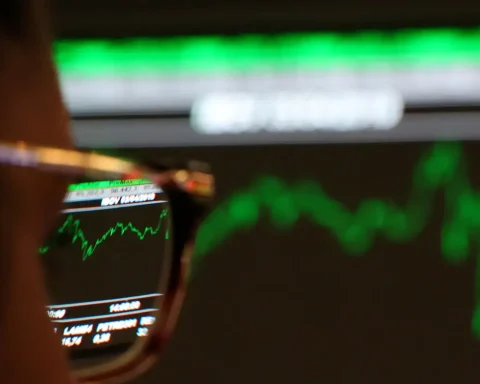There was a time when the people of Havana expected the concerts of Paul Milanes during the month of December. The troubadour could be fulfilling his packed schedule of international concerts, locked up for months in the studios to record an album or away from the media, but the Cubans knew that, despite his absence, Pablo would be there at the end of the year to sing to them and feel that at that moment all life made sense.
The ritual lasted a few years, until the weight of reality and human circumstances were dissolving it from the existence of Havanans. What has not been fractured is memory. The memory of those concerts in which the troubadour gave himself to the public in a close communion is still heard with longing in everyday conversations. Time has not been able to dust that insurmountable relationship between a large part of Cubans and Pablo. It’s practically a family bond. Cubans know that the man of the songs takes the stage without duplicity, without showing anything that he is not, without failing to betray the Pablo that he is in his daily life. And that person is, as many know, a being dedicated to both his concerts, his family and Cuba.
Pablo is part of any intimate portrait that is made of this country, its past, its present and the portrait that will be made of the future of Cuba. Cuba has always been at the center of his work as one of the greatest expressions of his inspiration, and also of his pain. Pablo sings to Cuba at his concerts even when he sings about himself. I think that at that moment when he reaches the highest heavens of poetry, deciphering the man he is in his relationship with time and history, he is also talking about his country although, in this personal move, he does not fully recognize it .
The PM Personal Anthology is almost my personal PM anthology
Pablo has been away from the national scene for some time. In these years, Cuba has ceased to be the same country he has sung about. The nation in some ways is also a little more like the later songs in which the troubadour sings to a greater degree from strangeness, nostalgia and pain. But the public remains the same, although it varies in its composition. For better or worse, the troubadour needs those thousands of Cubans to continue on the road, to breathe and continue composing songs that increasingly take on an autobiographical nuance.
The desire to sing to Cubans is the only reason that brought Pablo back to national stages. The process that led to that concert has not been easy, but finally, initially, the commitment that the musician has with the public that saw him ascend to the highest places of Cuban and universal culture prevailed. A growing wave of hope and expectation, as hasn’t happened for years with a Havana concert, arose at the news of Pablo’s presentation at the National Theater.
People asked for an open space because they knew that the theater’s little more than 2,000 seats were, at best, a “symbolic” space given the number of people who wanted to be part of history again. What nobody expected, although it was perhaps predictable, was the straitjacket that has been tried to impose before the astonished and desperate gaze of the public. “Some tickets were sold and the others are for organizations,” the director of the Theater told hundreds of people eager to obtain their ticket for the meeting with an insurmountable part of their lives and of the history of Cuba. Fewer than 300 tickets for about 2,300 seats for people who lined up Wednesday at the theater. Protests, claims and uncertainty. Discarded hopes. There was not much more this Wednesday for Cubans who got up early to get their ticket. Among them, two women over 80 years old who assured that they had never missed a Pablo concert. Nothing more like beauty in all its splendor. And nothing more similar to what Pablo means to humble Cubans of the most diverse generations.
Controversy over limited ticket sales for Pablo Milanés concert
The measure takes us to the grayest times of cultural policy. At the moment of a word, the saddest cultural decisions in the country reared their heads. Those moments that became famous because the invitations to presentations of “difficult” musicians or “uncomfortable” films were delivered by work centers or by some other means that prevented the most authentic followers of the artistic event from being able to enjoy it in all its magnitude. Those years were embarrassing, discriminatory and were also the target of the most scathing jokes that still remain in the imagination of Cubans, who have suddenly returned to a past that some believed buried and has once again flourished in all its maligned dimension.
It is no coincidence that Pablo returns to play in Cuba. He does it, as many know, for a decision that is much stronger than him and that everything that time has turned to dust. The troubadour has confessed this to me on several occasions. “I can’t be out of Cuba for a long time because nostalgia invades me,” he told me during one of his returns to his country. “We are all Cubans, we all belong to Cuba and we have the right to live on our island, where we were born,” added the troubadour one afternoon that I shared with him and his friend, Carlos Varela.
Pablo in his concerts lets his songs speak for him. Sometimes he jokes with the audience, reviews the history of various topics and thanks —always thanks— everyone for being there. That ceremony confirms his words about his belonging to Cuba, which has not changed one iota over time, even though his relationship with the island’s authorities has been going through stormy waters for decades due to his opinions about events. country’s social and political However, no one had ever gone to such an extreme. Pablo sang in large theaters, accompanied his daughters and presented records. He prevailed above all respect, although the troubadour was looked at with caution, of whom it is not remembered that he turned the stage into another space that was not a refuge for his songs and his reunion.
No one knows for sure what the future of Cuba will be, but there are not a few Cubans who dare to imagine a country where what happened in principle with this concert by Pablo does not happen, a country where each artist can perform without being measured by the rule of their political opinions or their position before a certain fact. A country where everyone respectfully expresses what he thinks and there are no major repercussions for an attitude that, in short, is the most common of human attitudes. However, let us hope that in the current and urgent dialogues they recapitulate those who must do so for the good of Cubans and finally the light of wisdom prevails so that everyone can equally listen to the greatness of the troubadour’s songs.
***
Pablo is known as a singer-songwriter and composer of anthological themes. But there is another facet of which, logically, not much is known, although it stands out in his concerts. Pablo as a family stronghold and cultivator of habits that identify many Cubans from head to toe. A consummate reader, Pablo is also a consecrated domino specialist. I, who only know how to move the chips and “throw the big one” and that’s why I almost always win, had him once as a partner in a game in which I barely lasted a few minutes. We had the painter “Chocolate” and his wife against us, and Pablo, noticing that I wanted to pass the buck, started laughing loudly. “But what is that?” He told me between jokes and with the seriousness of an expert player.
That afternoon, Pablo talked animatedly about Cuban music. He did it with an amazing memory, to which no detail escaped. Pablo has learned to have an immovable calm. When you speak, he looks you in the eye with interest and does not interrupt you, even if you are totally wrong. That afternoon he mentioned very notorious facts of his life and of Cuban music. Every now and then he would stop the conversation to tell me, in a joking tone: “Michel, this is not for publication”. And the room burst into laughter.
Pablo, before announcing his new concert in Cuba, resumed his tour Diaz de Luz by Spain after the severe confinement by the COVID-19. With his journey he makes a stop in Havana before returning to Spain, where he has concerts scheduled until August in various Iberian provinces. Most of the presentations in the European country have been full of the troubadour’s admirers, among them many Cubans who are going to relive his life with his songs while establishing a pact with the inexorable nostalgia of the emigrant. They know that it is not the same to listen to Pablo outside of Cuba, but they extract the maximum emotional benefit from the reunion with the troubadour and with the present of memory.
Havana awaits Pablo and Pablo awaits his thousands of followers in Havana. You can’t be duplicitous with the public or with a musician who only wants to sing to his peers, even imposing himself on the rigors of his own life. That he seeks to rediscover himself with his people, with his origins, in a concert in which, for many reasons, the adjective “historical” gains more force. There is still time for officials to reconsider and not mutilate the dreams of thousands of Cubans of seeing live again a musician who has glossed the island’s culture with songs that speak better of Cuba than the decisions that try to cloister an art that was born free and that, for the good of the country, will continue to identify us anywhere on the map until we exhale our last breath. Because when none of us is there, don’t doubt it, Pablo will always be there.
